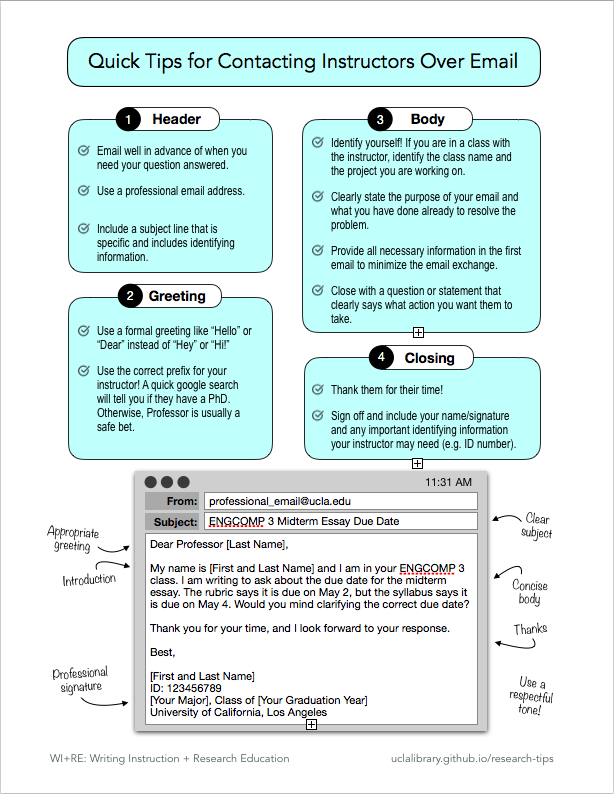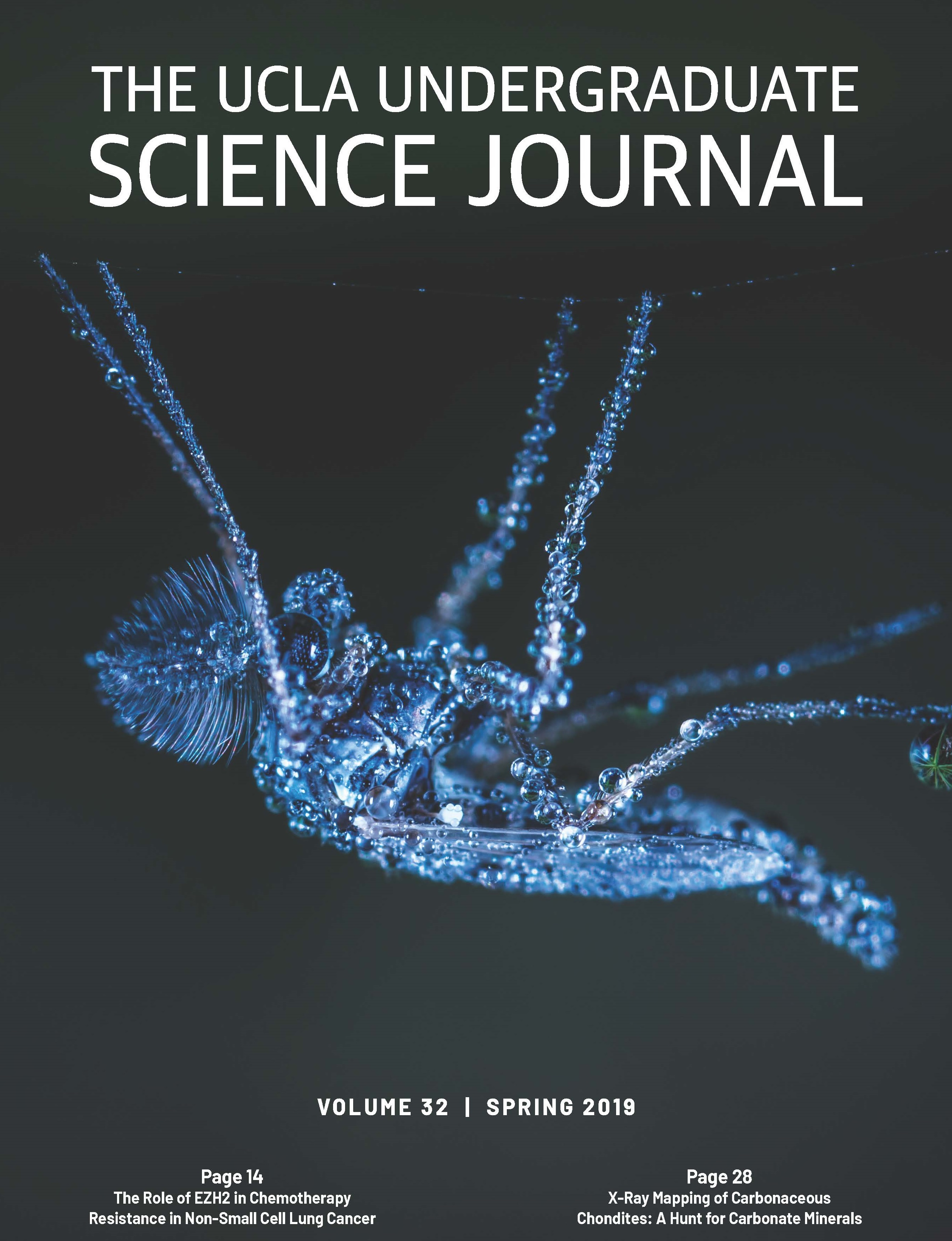Estimated reading time: 4 minutes
If you want to start performing research during remote learning in the humanities, social sciences, arts or STEM fields under the guidance of a faculty member or primary investigator (PI), we realize this process has its own set of unique challenges. Below is a collection of tips we’ve found most useful and relevant for students interested in starting research.

1. Redefine Remote Research
At UCLA, research really is open to everyone regardless of experience, year, major, or topic of interest, and remote research is too! Certain fields like social sciences and humanities naturally lend themselves to be conducted in a remote environment and the transition to distance learning may not impact research opportunities in those fields.
Research that involves human, animal, or microbial subjects (such as biological, clinical, anthropological, etc. research), however, usually involve in-person engagement, but there still might be remote opportunities available if you’re willing to perform different kinds of work! Some examples of this include data analysis, literature reviews , coding, or modeling-based research where you could work for a wet lab (traditionally in-person), but do remote work as part of your tasks.
"...Forming a relationship with a lab you might do in-person research with in the future might be helpful as you can get a head start on any virtual training that’s required to be a part of the lab."
Additionally, forming a relationship with a lab you might do in-person research with in the future might be helpful as you can get a head start on any virtual training that’s required to be a part of the lab. When UCLA first switched to remote instruction and research, the URCs shared advice to current researchers on switching to remote research; those tips may help you redefine research as well.
2. Establish Fundamental Research Skills with WI+RE and the URCs
WI+RE has an extensive collection of research tutorials with tips that can still be utilized during remote learning. We recommend reviewing those first, particularly Getting Started with Research at UCLA which highlights the importance of scouring the Undergraduate Research Portal (from the URCs), creating a list of faculty to cold email (sending an email to someone who does not know you to ask about a potential opportunity), and looking for specific programs and scholarships (such as the Undergraduate Research Scholars Program), all of which can still largely be utilized in the era of COVID to find distance research opportunities.
"WI+RE has an extensive collection of research tutorials with tips that can still be utilized during remote learning."
(Note: Both the URCs offer the Undergraduate Research Scholars Program. The above link takes you to scholarship for students doing STEM research. Visit the Undergraduate Research Scholars Program hosted by URC-HASS for students doing Humanities, Arts, and Social Sciences research.)
Check out this video on navigating the Undergraduate Research Portal!
3. Get to Know your Instructors
While the tutorials provided by WI+RE and the URCs open pathways to meaningful research in remote environments, we acknowledge that there’s no substitute for person-to-person collaboration. With that in mind, it’s important to remember that the people who teach you everyday can be another outlet as well! Your own instructors are a great avenue to explore research interests, especially since many faculty members teach and conduct research simultaneously.
In addition, TAs are an often overlooked asset for getting involved in research with many performing research as part of their graduate studies. If you’re interested in a professor or TA’s particular research area, attend their office hours and ask them about their current projects (some background reading and preparation on your end can go a long way in demonstrating your interest). After getting a sense of your professor’s/TA’s research and hearing if they are working on any particular projects, you can likely discuss your interest in the context of their research, asking if they need additional help from an undergraduate like yourself.
"If you’re interested in a professor or TA’s particular research area, attend their office hours and ask them about their current projects..."
If your instructor isn’t looking for student researchers, they can likely connect you to someone who is. After all, UCLA has nearly 6,000 ongoing funded research projects each year. Consistent, authentic relationships with faculty are also great if you’re interested in internships, competitive research positions, and graduate school, since instructors who know you well will be more willing to write you strong letters of recommendation.

For tips on contacting instructors, try our tutorial or handout!!
4. Research the Researchers
Doing some basic research on the faculty you plan to cold email is a good way to ensure better chances of finding an opportunity. Googling specific researchers, projects, and fields to see if they are appearing in the news, UCLA-related press releases, or Google Scholar is a good sign that the research is continuing during remote learning (and that they might be looking for more people to help out).
Often faculty have their own websites for labs or research projects (linked out from home department websites), that can provide some background information to help shape your initial email to the faculty. Similarly, finding a specific news article, press release, or journal publication from a UCLA researcher that interests you can be a good segue for a cold email, in addition to following these helpful tips provided by the URCs and WI+RE’s Finding a Research Mentor workshop.
Check out this video for tips on finding research mentors using departmental websites!
5. Get Involved in Undergraduate Organizations
Although getting involved in clubs and organizations is more difficult during this time of remote learning, many organizations are still meeting virtually and accepting new members. Some organizations that might be relevant include clubs that are research-oriented, mentorship-focused, or overlap with your field of interest. We personally recommend checking out Aleph (UCLA’s undergraduate journal for humanities and the arts), the UCLA Undergraduate Science Journal (for all STEM fields), the Undergraduate Journal Club, and any organizations that overlap with your research interests to start!
"Some organizations that might be relevant include clubs that are research-oriented, mentorship-focused, or overlap with your field of interest."
Although simply being involved in an organization won’t always guarantee a research role, it will allow you to see what students with similar interests as you are doing and hear about opportunities and resources you wouldn’t normally. We’d recommend searching the database linked above (which includes the email addresses of club leadership) as well as keeping an eye out for clubs on social media platforms like Facebook and Instagram.

Check out the UCLA Undergraduate Science Journal!
6. Subscribe to Listservs
Every major at UCLA has a major counselor, and most major counselors use a listserv (mass email updates) to send students relevant information pertaining to that major and opportunities available to students (sometimes restricted to that major or pre-major). Make sure you’re subscribed to the listserv of your major, which should be doable online, or if not by emailing the relevant major counselor, so that you’re in the loop about these opportunities. Often, opportunities can include research projects conducted by faculty within the department (which may not be advertised in other places).
If you are undecided like many students are at some point, you can subscribe to a major you’re considering or potentially multiple majors’ listservs. Additionally, we recommend you subscribe to the URC listservs (URC-HASS and URC-Sciences) as well to hear about scholarships, research opportunities, workshops, and more!
Related Resources
About this tutorial
Authors
Maxwell Grollman, Michael Lima-Sabatini, Kian Ravaei
Contributors
Kaitlin Alcontin, Janet Goins, Veronica Kimaz, Kelly Kistner, Simon Lee, Chris Lopez, Lizbeth Del Rio Morquecho, Cymfenee Dean-Phifer, Doug Worsham, UCLA Undergraduate Research Center - Sciences, UCLA Undergraduate Research Center - Humanities, Arts, and Social Sciences
Learning Outcomes
- List six tips for finding remote research opportunities at UCLA